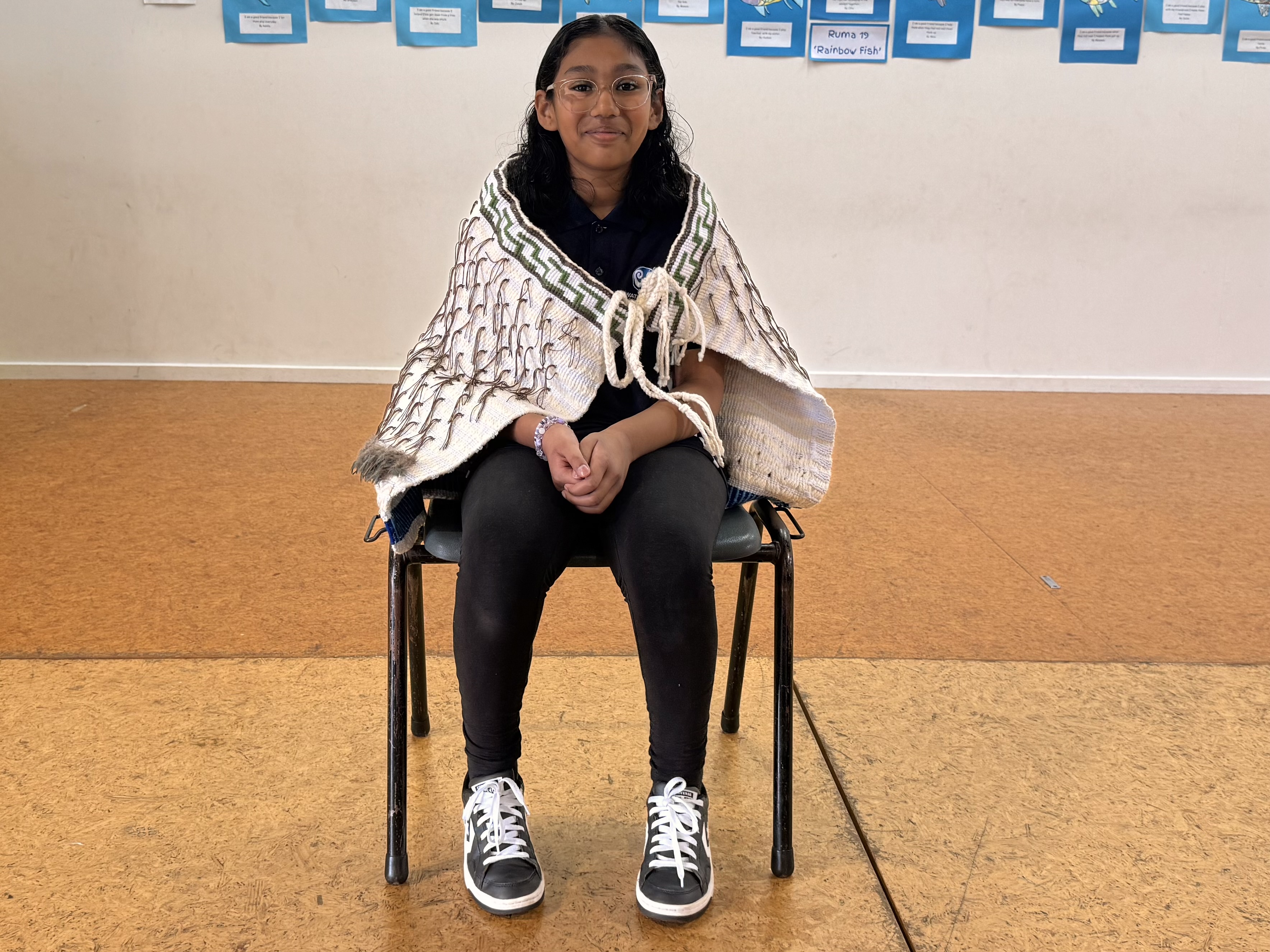Positive Behaviour for Learning (PB4L) at Waterlea School

At Waterlea School, we are committed to creating a positive, safe, and supportive learning environment for all our students. That’s why we implemented Positive Behaviour for Learning (PB4L), a framework that helps us teach and reinforce expected behaviours throughout our school.
What is PB4L?
PB4L is a research-based approach that focuses on teaching children what positive behaviour looks like, just as we teach them academic subjects. Instead of just reacting to misbehaviour, PB4L helps us proactively teach, model, and acknowledge desired behaviours. It’s about creating a consistent and positive culture where everyone knows what’s expected of them.
Key Principles of PB4L:
- Clear expectations through our MANA values: We have a small number of clearly defined, positive behavioural expectations that apply to all areas of the school (e.g., classroom, playground, library, online). These are explicitly taught to students through our MANA Values. At Waterlea School our MANA values are:
- Manaakitanga
- Aumangea
- Ngaakau Pono
- Ako
- Explicit Teaching: We don’t assume children automatically know how to behave. Teachers regularly teach and reinforce these expected behaviours through lessons, role-playing, discussions, and examples.
- Positive Reinforcement: We actively notice and acknowledge students when they demonstrate positive behaviours. This might be through verbal praise and or class-wide recognition systems e.g MANA values tick chart. Celebrating good choices encourages children to repeat them.
- Consistent Responses to Misbehaviour: When undesirable behaviour occurs, we have clear and consistent strategies for responding. The focus is on teaching and guiding students to make better choices, rather than just punishing them. We see these moments as opportunities for learning.
- Data-Driven Decisions: We collect information about student behaviour to help us understand patterns and identify areas where more teaching or support might be needed. This helps us to continually improve our school environment.
Having a partnership with whaanau when it comes to behaviour is an important part of PB4L. We will make contact with parents when a major behaviour incident occurs, or a repitition of minor behaviours shows a pattern of behaviour that needs to be addressed.
How Does PB4L Benefit Your Child?
- A Safer and More Predictable Environment: When expectations are clear and consistently applied, children feel safer and know what to expect.
- Increased Learning Time: Fewer disruptions mean more time focused on teaching and learning.
- Development of Social-Emotional Skills: PB4L helps children develop important life skills like self-regulation, respect, responsibility, and empathy.
- Positive Relationships: It fosters positive relationships between students, and between students and staff.
- A Culture of Success: By focusing on positive behaviour, we create a school culture where all children can thrive academically and socially.
We believe that by working together – school and home – we can ensure every child at Waterlea School develops the strong social and emotional foundations necessary for success in learning and life.
If you have any questions about PB4L, please feel free to contact us.
MANA Values Assemblies:
Our MANA Values Assemblies are a cornerstone of our school’s positive behaviour for learning (PB4L) framework. Held fortnightly, these assemblies provide a vital opportunity to:
- Reinforce our school’s core MANA values: These are the guiding principles that shape our school culture and student behaviour.
- Acknowledge and celebrate students who consistently demonstrate these values.
- Inspire all students to embody the MANA values in their daily actions.
- Build a strong, positive school community where achievement in all forms is recognised.
Our MANA Values Korowai is our pinnacle award to recognise tamariki who consistently demonstrate our MANA values every day. This is given out once a term during a MANA assembly and is decided upon by teacher nomination and discussion within teams and Senior Leadership.


